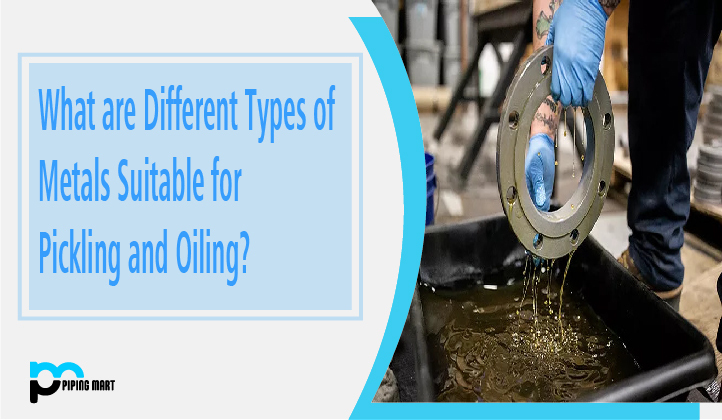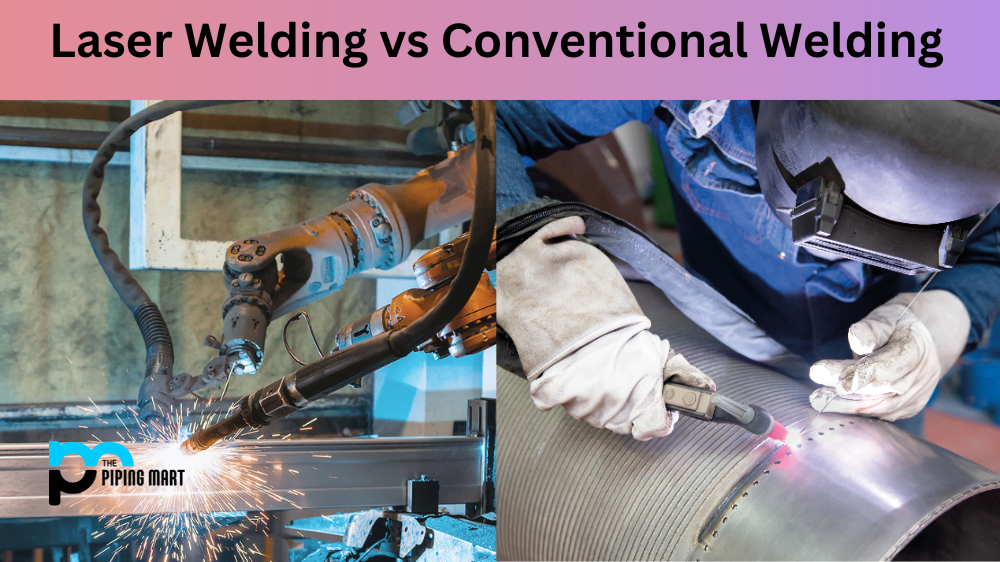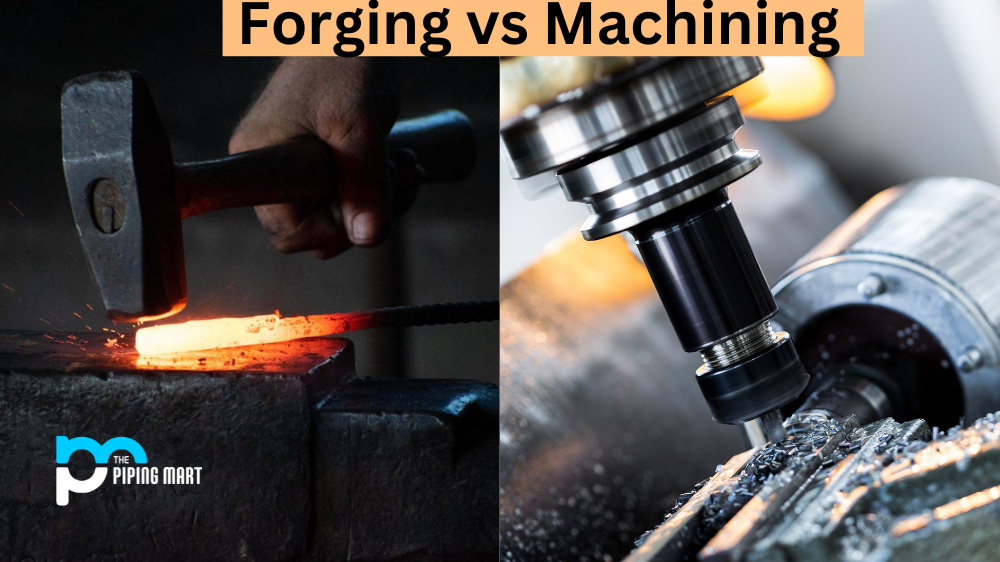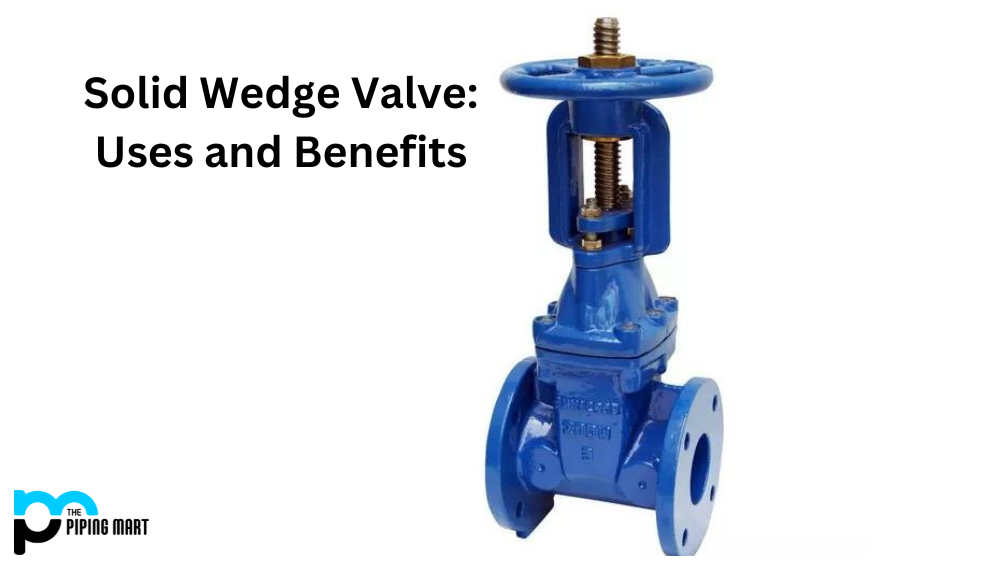Several types of metals such as copper and steel, require the processing at the mill. These metals often have surface contaminants, and these surface contaminants arrive in many forms. Here, for the entry of contaminants mill scale is one of the most common ways. Based on metal applicability, sometimes it is necessary to purchase the metal to have these post-forming surface contaminants. However, for the usage of metal, it is essential to have a clean, and the pure surface. For pickling and oiling procedures to carry out, it requires a high degree of surface cleanliness. Also, these procedures are performed in the final steps of the metal processing procedure.
What is Pickling?
Pickling is a process of metal surface cleaning. The method is most common to use after the formation of metal. Pickling clarifies a metal surface by putting metal into contact with an acid. Here, the acid is known as the pickling liquor. Here, the pickling liquor is selected based on the type of metal processed further for pickling. Hydrochloric acid works as pickling liquor for most of the low alloy steels. For metals with highly resistant to acidic solutions, it is essential to use more powerful acid or a two-step pickling method. The strong acid or two-step pickling helps in attaining the desired cleaning results.
How to attain pickling?
Before pickling a metal, washing the metal is essential; for washing, one can use a solution that eliminates dirt and debris particles. After rinsing the metals, place the metal into a pickling liquor bath. Once you perform the metal immersion in the pickling liquor, the metal reacts with the acid and removes impurities from the surface. After reaching the specific time of immersion, remove the metal to avoid its overexposure to the acid. To remove the surface discontinuities, one can use the proper pickling liquor and the correct immersion time. Also, this process cleans the metal surface with less damaging the metal. After removing the metal from the pickling liquor, it is essential to rinse the metal properly. After rinsing, metal often goes through a process of oiling.
What is Oiling?
It is an oxidation inhibition process essential to carry out immediately after pickling and rinsing. The metal substrate after pickling exposes to the atmosphere and creates the need for oiling. Oiling process helps metal in preventing its rapid corrosion. Particularly for steels, flash rusting is a prevalent issue after the pickling process. Here, by applying oil on the pickled metal and rinsing, one can prevent its corrosion. Herewith this process, one can restore the metal for a long time with less oxidation and other damages.
What is the need for Pickling and Oiling?
Pickling is the process that removes surface contaminants from metal that could interfere with fabrication and coating processes. Also, it disturbs the value chain. Metal with large surface contaminants when subjected for welding, then it results in defective welding. Also, painting the metal surface with a flaky layer of mill scale result in poor adhesion and flake off from the surface.
Oiling is essential to perform as metal waits for the long time after the forming and final fabrication processes. Without oiling, the metal degrades due to oxidation and such metal is potentially not benefitted for fabrication when needed. Both pickling and oiling procedures are essential to perform in the final stages of forming. Because these procedures require created metal without dirty rollers and other pieces of mill equipment.
Different types of Metals suitable for pickling and oiling
Several steel alloys are suitable for frequent pickling and oiling procedures. More specifically, hot-rolled steels have mill scale, and its removal is essential. Stainless steel is the metal mostly preferred for pickling and oiling. Also, carbon steel with high alloying elements requires strong acids for its pickling. An alloy of aluminium works well after pickling.

Pipingmart is B2B portal specializes in industrial, metal and piping products. Also, share latest information and news related to products, materials and different types grades to help business dealing in this industry.




